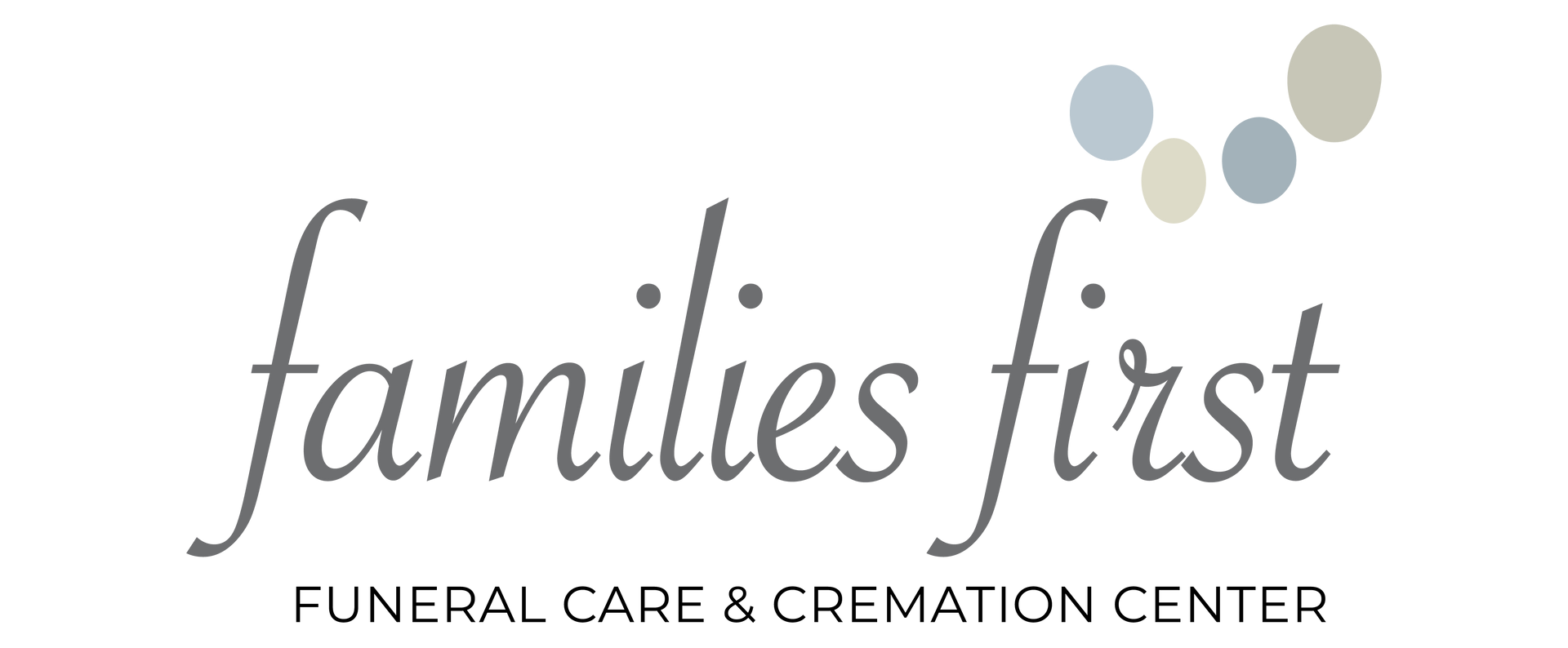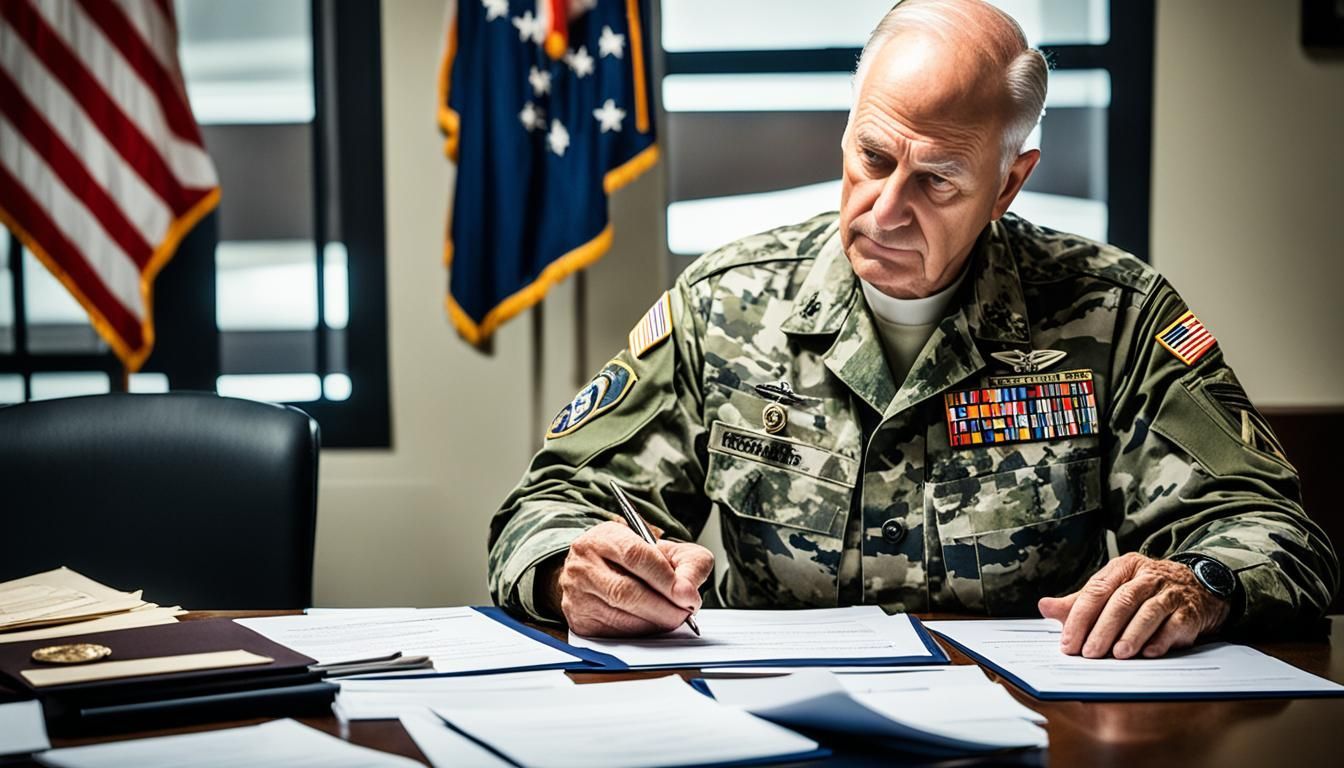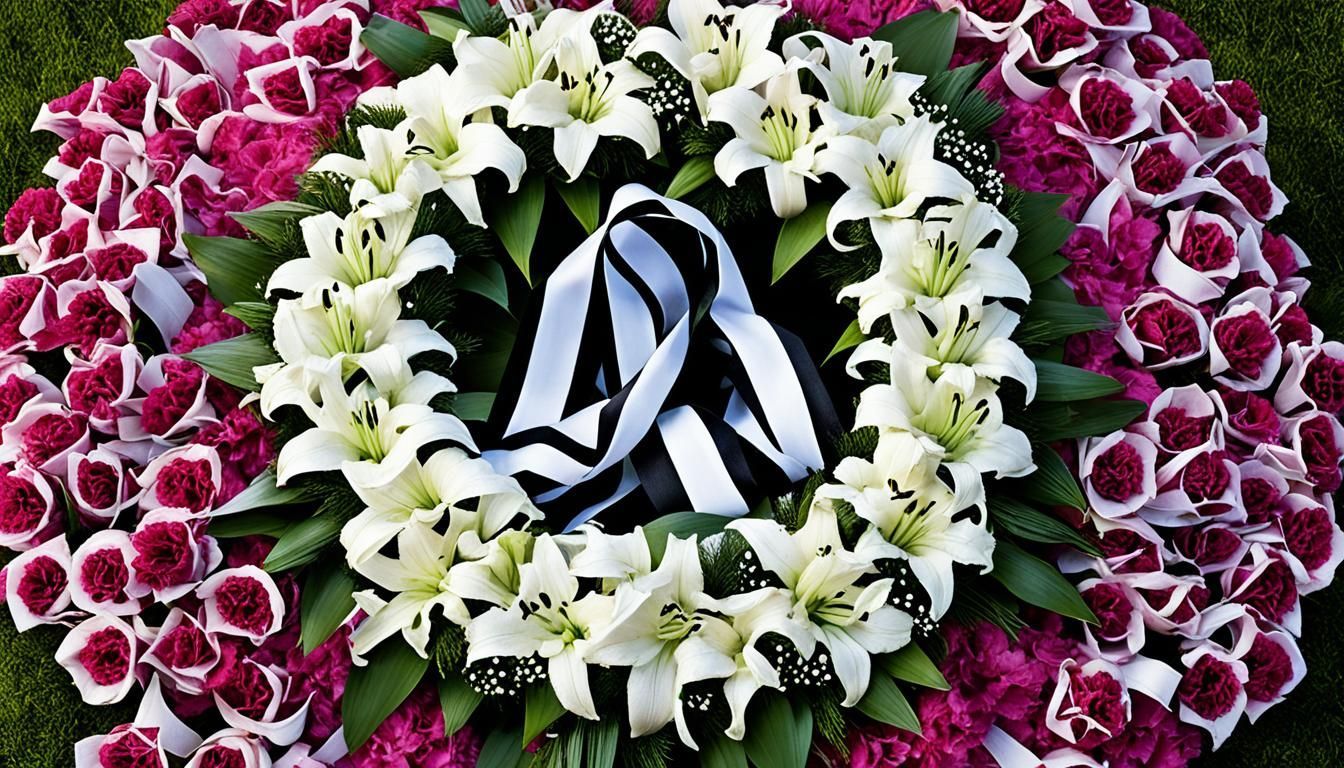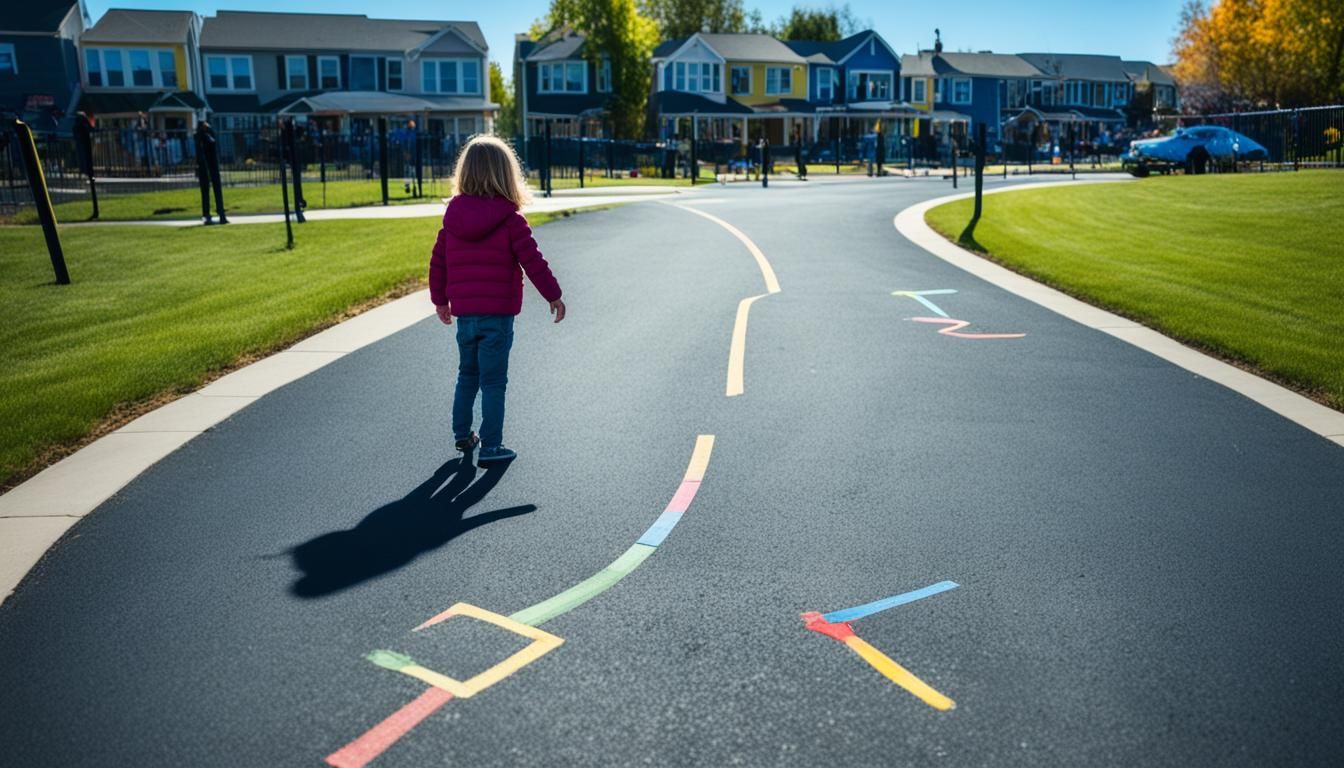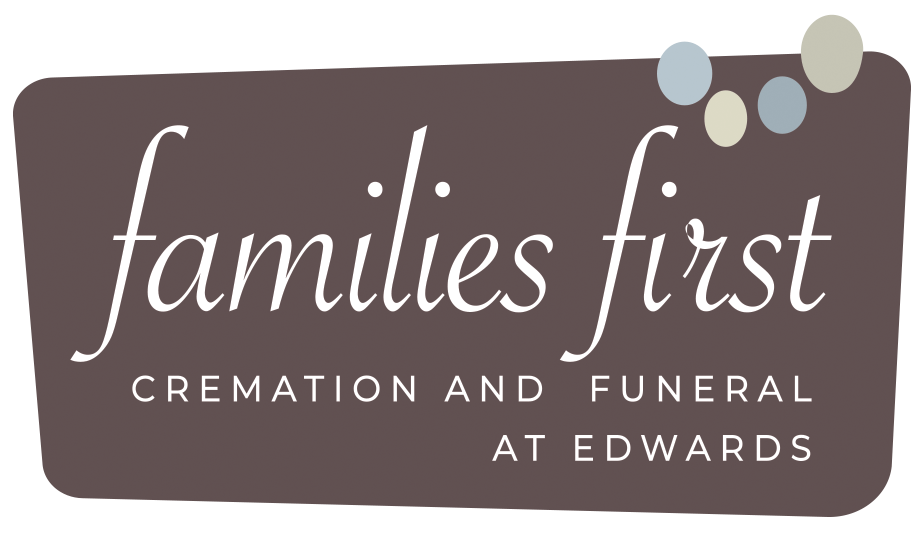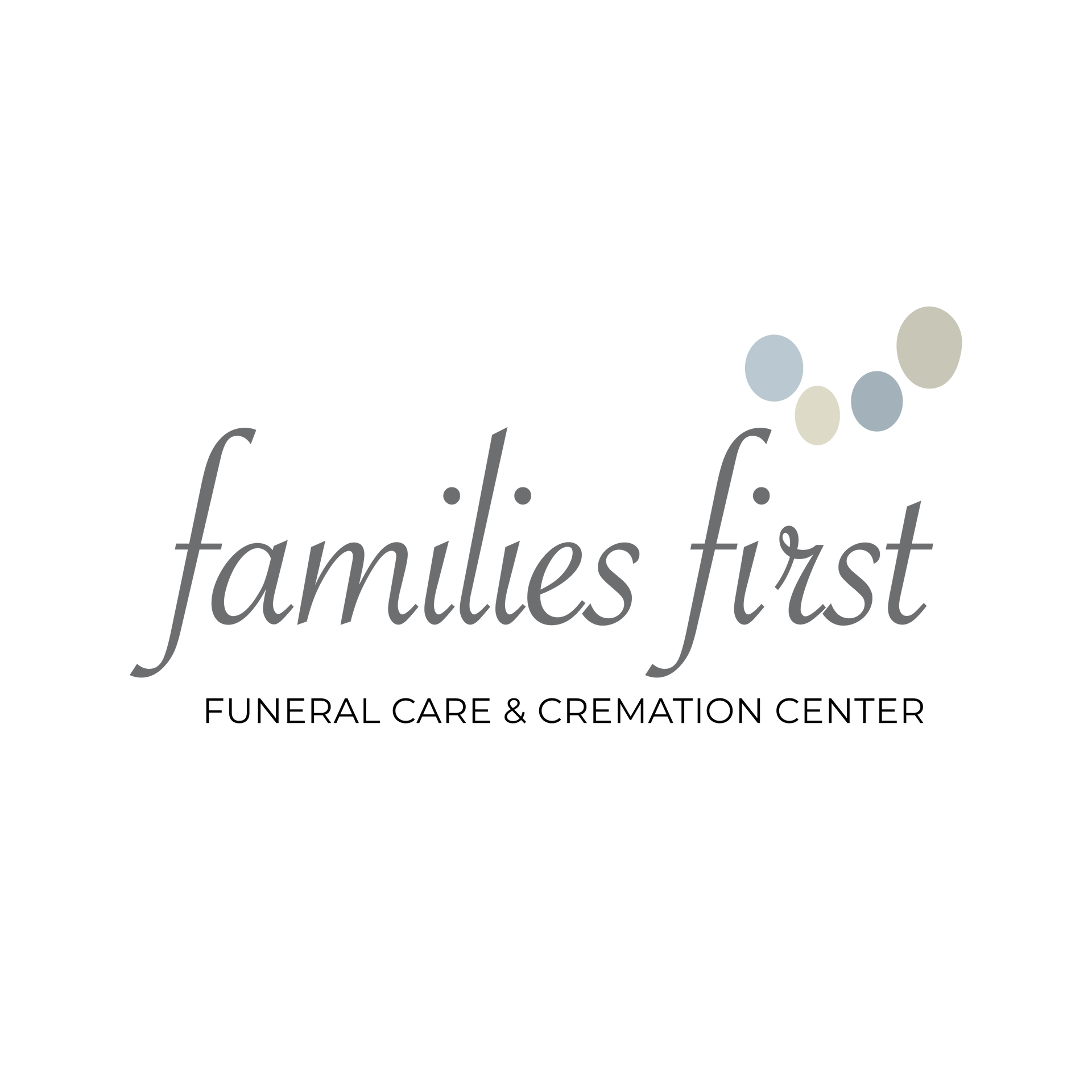Managing A Loved One's Facebook After Passing
Managing A Loved One's Facebook After Passing
Have you ever thought about what happens to a Facebook account once someone passes away?
In today's world, handling a loved one's Facebook is important. Facebook has over 2.74 billion users, meaning many of us will face this. Not doing anything can lead to security risks. So, Facebook has made a way to keep the account safe through memorialization.
Once an account is memorialized, it turns into a place for remembering. Here, family and friends can share their memories safely. For those wanting a final goodbye, Facebook lets family prove their relation to delete the account. Families First in Columbus, Ohio helps people navigate these steps.
Key Takeaways
- Facebook has over 2.74 billion users worldwide.
- Families can choose between memorializing or deleting a loved one's account.
- Memorialized accounts act as a remembrance space, secure from hacking.
- Immediate family members can request account removal with proper documentation.
- Facebook's automatic memorialization prevents unauthorized access.
Steps for Managing A Deceased Loved One's Facebook Account
Handling the digital footsteps of someone who has passed away is tough. We guide you through managing their Facebook account with care and honor.
Informing Facebook of the Death
The first thing to do is let Facebook know about the loss. When you tell Facebook, you start the actions needed to either memorialize the account or delete it. You will fill out a form online and show proof like a death certificate or an obituary. This way, Facebook can confirm the death and act accordingly.
Memorializing the Account
After Facebook confirms the death, they can put a "Remembering" tag by the name. Memorialized profiles become places where people can share memories and tributes. They reflect on the life of the person who died.
A Legacy Contact takes care of a memorialized account if chosen before death. This contact can change profile pictures, manage tribute posts, and accept friend requests. Even without a Legacy Contact, Facebook can still memorialize accounts with proof of death.
Requesting Account Removal
Sometimes, families might not want a memorialized account. They can ask to have the account removed completely. This action will delete the Facebook account forever. The person asking for this has to prove they are closely related and show the needed paperwork. Removing an account ends the digital presence of the deceased securely.
| Action | Requirements | Outcome |
|---|---|---|
| Inform Facebook of the Death | Death certificate, obituary | Account enters memorialization process or is queued for removal |
| Memorialize the Account | Verified death, optionally a Legacy Contact | Account marked with "Remembering" and limited management capabilities |
| Request Account Removal | Proof of death, familial relationship | Account is permanently deleted |
What to Do with Loved One's Facebook Account After They Passed Away
Handling a loved one's Facebook after they're gone is tough. With 2.74 billion users, Facebook lets families memorialize or delete the account. This decision affects the digital legacy and grieving.
Deciding Between Memorialization and Deletion
Choosing what to do with a loved one's Facebook is important. To memorialize it means creating a space for sharing memories. The profile will show "Remembering" above their name.
If closing the account feels right, you can ask to remove it. This step needs proof of relation and a death certificate.
Assigning a Legacy Contact
Users can pick a Legacy Contact before they pass. This person can update profile pics and accept friend requests. By choosing a Legacy Contact, your online footprint reflects your wishes and family's desires.
Protecting Digital Legacy
Protecting a loved one's digital legacy is about more than memorializing. It includes shielding the account from hacking. This ensures their memory stays respected and intact or is ended securely, depending on what the family wants.
Knowing what to do with a loved one's Facebook after they passed away is key for their digital footprint. By selecting a Legacy Contact or choosing between keeping or deleting their account, you help preserve or conclude their online presence with respect.
Conclusion
Today, handling the digital presence of someone who has passed away can be challenging. Facebook lets people pick a "legacy contact". This contact can post about the death and decide if the account should be remembered or removed. To do this, proof like a death certificate or will is needed. This makes sure the account is taken care of according to the person's wishes.
Platforms like Instagram have their own rules for these situations. Instagram allows those close to the deceased to ask for the account to be honored or removed with proof of passing. Twitter, unlike others, doesn't offer a way to memorialize. It allows for the account to either stay or be deleted. LinkedIn lets users choose someone in advance to manage their profile after death. Without a choice made, family members can step in. Deleting a LinkedIn profile needs details like the user’s name, work information, and a digital signature.
Every site, including YouTube, TikTok, Reddit, and Quora, has specific rules after a user dies. It’s important to know these different rules to manage a loved one’s social media properly. At Families First at Edwards, we help families navigate these tough choices. We ensure that every digital footprint is treated with care and respect. We recognize that losing someone affects our online lives too. Our team is here to offer kindness and guidance during these times.
FAQ
How do we inform Facebook of a loved one's death?
To tell Facebook about a loved one's passing, use the Special Request form for Deceased Person's Account. You'll need to show a death certificate or an obituary as proof.
What is the purpose of memorializing a Facebook account?
Memorializing an account on Facebook keeps it safe from hacking. It becomes a place for remembering. Friends and family can share memories and post within privacy limits. This happens without worry of someone breaking in.
Can we manage a deceased loved one's memorialized Facebook account?
Yes, if someone is chosen as a Legacy Contact, they can look after the account. They can change profile pictures, make tribute posts, and accept friend requests. But they have limited control.
What if our family wants to remove the Facebook account permanently?
To delete a Facebook account forever, your family must ask Facebook directly. You need to prove you're closely related and show the person's death certificate.
How does assigning a Legacy Contact help in managing a loved one's digital legacy?
A Legacy Contact can maintain some parts of a memorialized profile. It turns the page into a place for remembering. This makes sure the person's digital life is cared for as they would want.
Is memorializing a Facebook account secure?
Yes, memorializing makes a Facebook account safe from unwanted access. It marks the profile with "Remembering" and locks the account. This protects it from threats.
What if my loved one did not choose a Legacy Contact?
Without a Legacy Contact, you can still ask for the account to be memorialized. Just show proof of death using the Special Request form on Facebook.
What are the key considerations when deciding between memorializing or deleting a loved one's account?
Families need to think about how each choice affects the memory and digital footprint. Memorializing lets friends and family celebrate life together. Deleting ends their online presence. It's important to honor what the deceased wanted.
How can Families First at Edwards help with managing a deceased loved one's digital legacy?
Families First at Edwards helps families decide how to handle a loved one's online afterlife. We offer guidance on memorialization, Legacy Contacts, and more. Our goal is to respectfully manage the digital legacy.
